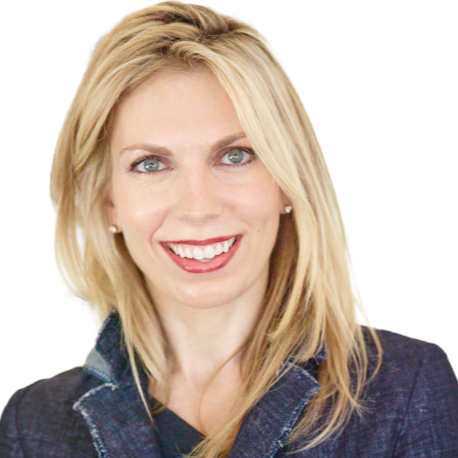Over the past decade, the G7 has emerged as a platform for advancing blended finance. It has evolved from simply supporting the concept of private capital mobilization for emerging markets and developing economies (EMDEs) to actively engaging frameworks that measure the catalytic potential of donor capital.
The outcome of the most recent G7 summit, this past summer, continued this trend reinforcing the need to strategically channel concessional commitments, cultivate investor-ready blended finance pipelines, and promote more market-driven risk-sharing mechanisms - all critical to mobilizing more private capital into high-potential but underinvested sectors across EMDEs.
Unpacking G7 Commitment to Scale-Up EMDE Private Financing
In 2015, following the Third International Conference on Financing for Development held in Addis Ababa, G7 countries began referencing the role of private capital in global economic development. It then became a core pillar of G7 strategy starting in 2018 when the Canadian G7 Presidency marked a turning point with the launch of a dedicated development finance institution (FinDev Canada). Subsequent G7 convenings explicitly endorsed blended finance as a tool to catalyze private capital for sustainable development and applied the OECD Development Assistance Committee (DAC) Blended Finance Principles as a guiding framework.
Recent summits have seen G7 leaders launch initiatives that continue to emphasize blended finance to mobilize capital for critical areas like infrastructure, clean energy, and climate resiliency. Further, regional progress was made under the 2024 Italian presidency when the G7 focused on Africa’s long-term sustainable investment needs. These past efforts helped to lay a policy and operational foundation to strategically allocate concessional resources and risk mitigation mechanisms to increase capital flows critical for future economic stability.
Progress Made at the 2025 G7 Summit
The 2025 Leaders’ Summit, per the G7 Chair’s Summary, focused on the importance of building productive coalitions among the private sector, development finance institutions, and multilateral development banks to facilitate more commercial investment, drive inclusive economic growth, and advance sustainable development especially during impending market volatility and potential resulting global shocks.
As illustrated in the G7 backgrounder, “Prime Minister Carney Concludes 2025 G7 Leaders’ Summit”, the take-aways of the 2025 G7 Leaders’ Summit in Kananaskis reaffirmed the commitment to blended finance as a catalytic instrument addressing the widening development finance investment gap. The presidency emphasized scaling proven solutions by doubling-down on initiatives initially launched under Canada’s 2018 G7 presidency. Prime Minister Mark Carney announced a financing package building on Canada’s efforts including continuation of the International Assistance Innovation Program (IAIP) with CAD 290 million over five years to mobilize private capital supporting the Sustainable Development Goals (SDGs). Furthermore, Canada committed CAD 101.3 million to overcome persistent barriers (such as political and credit risks) to private investment in infrastructure in EMDEs including project preparation support and risk-sharing mechanisms.
The recent launch of the Accelerator for Fund Managers (A4FM), by Convergence and the Canadian Government, marks a promising step in this same direction. The initiative reflects Canada’s continued leadership in blended finance and advancing of G7 priorities on private capital mobilization in EMDEs. By offering catalytic funding to the design and launch of blended solutions, A4FM directly engages investment managers to address the chronic shortage of scalable, investor-ready blended vehicles sponsored by institutional investors. It also reinforces an opportunity to strategically channel concessional capital in the blended finance field to overcome real-world structuring challenges and go-to-market barriers faced by commercial financing institutions.
Finally, the 2025 G7 summit offered a moment to take stock. The recent summit’s measures represent continued progress from high-level aspirations to actionable blended finance programs for capital providers. In particular, Canada’s leadership continues to translate policy into practice, reinforcing the importance of market-led models, strategic use of concessional funds, and risk-sharing mechanisms to widen the investing aperture of EMDE capital deployment to address sustainable impact-aligned outcomes.

